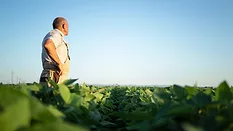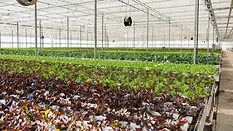
Growers/GAPs
Growers include agricultural producers and fruit growers. Good Agricultural Practices (GAP) is a voluntary certification program that uses audits to verify that sound food safety practices are being used at agricultural operations.
Articles
More ArticlesNever miss the latest news and trends driving the food safety industry
Newsletters | Website | eMagazine
JOIN TODAY!Copyright ©2026. All Rights Reserved BNP Media.
Design, CMS, Hosting & Web Development :: ePublishing


